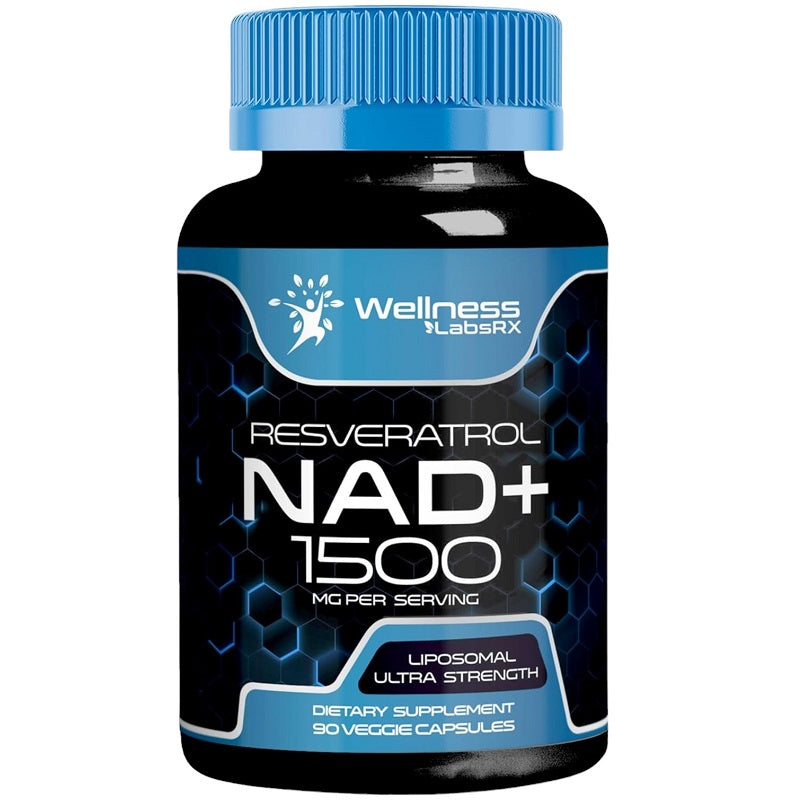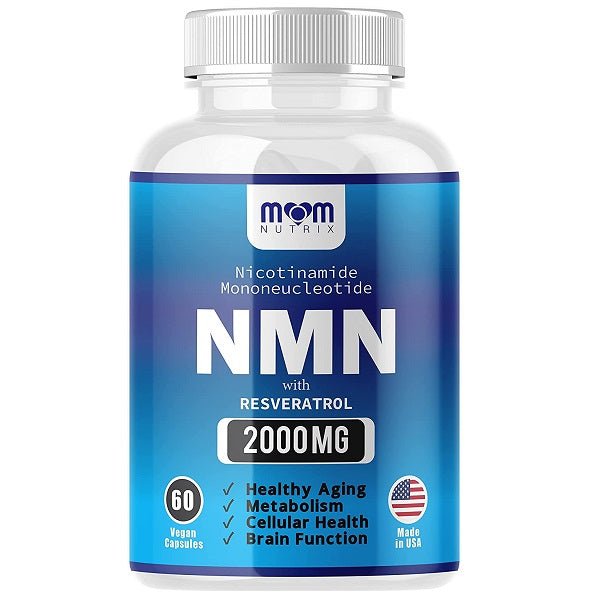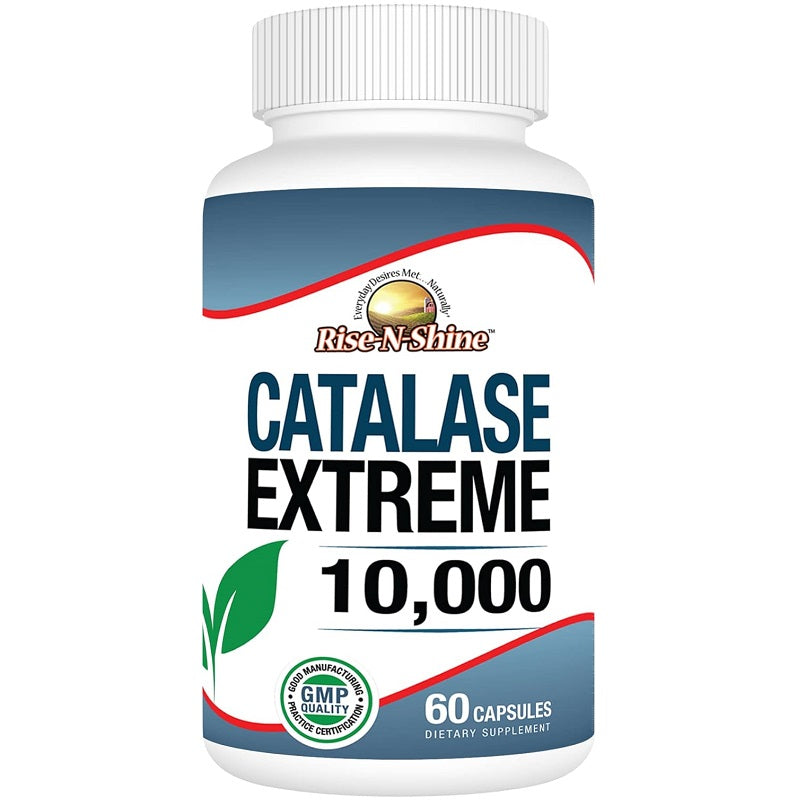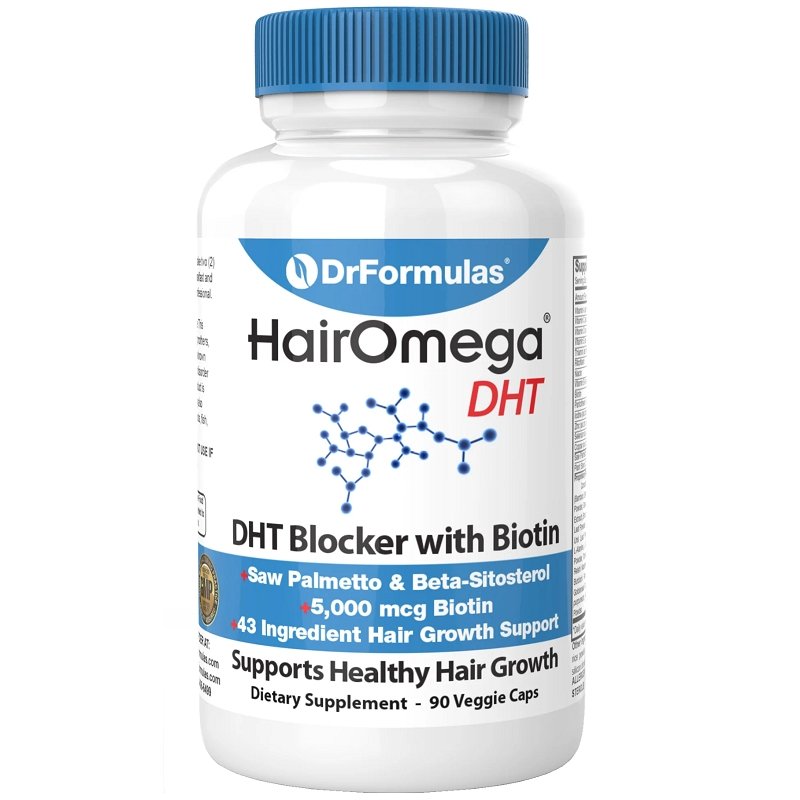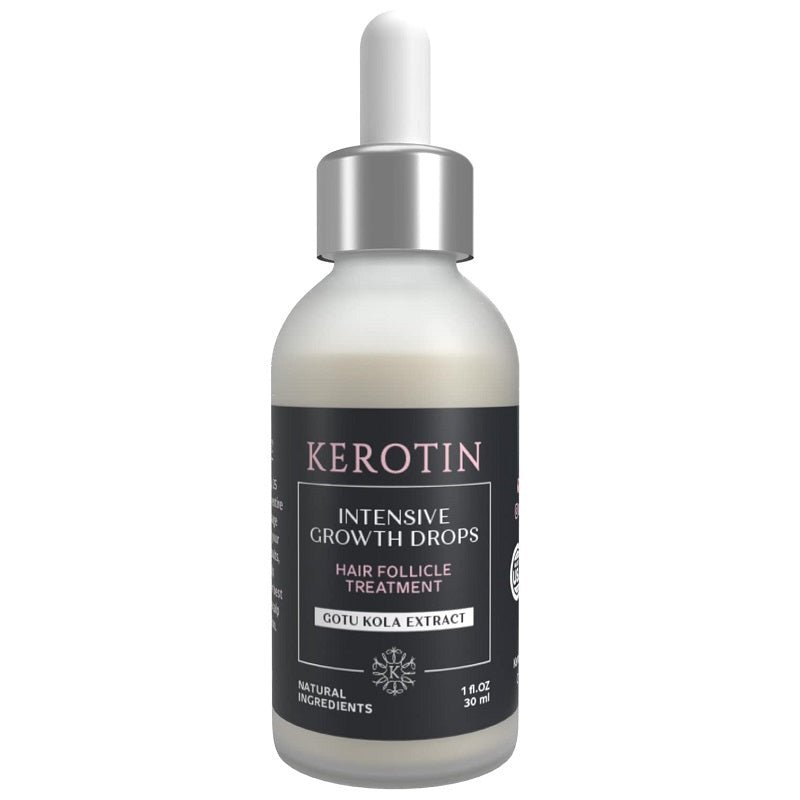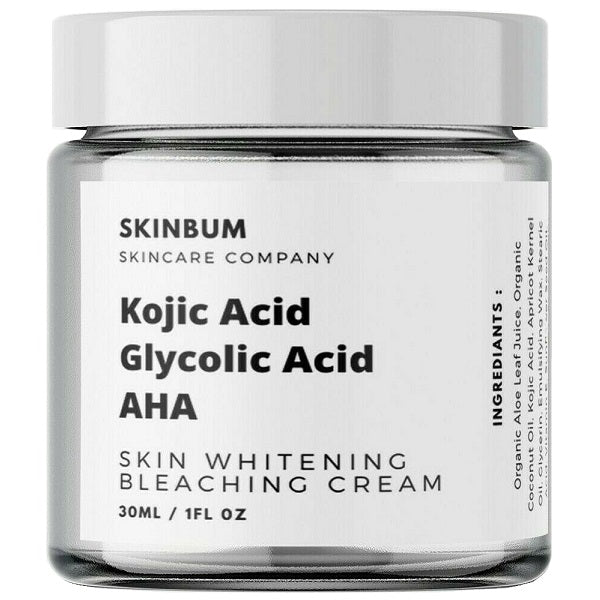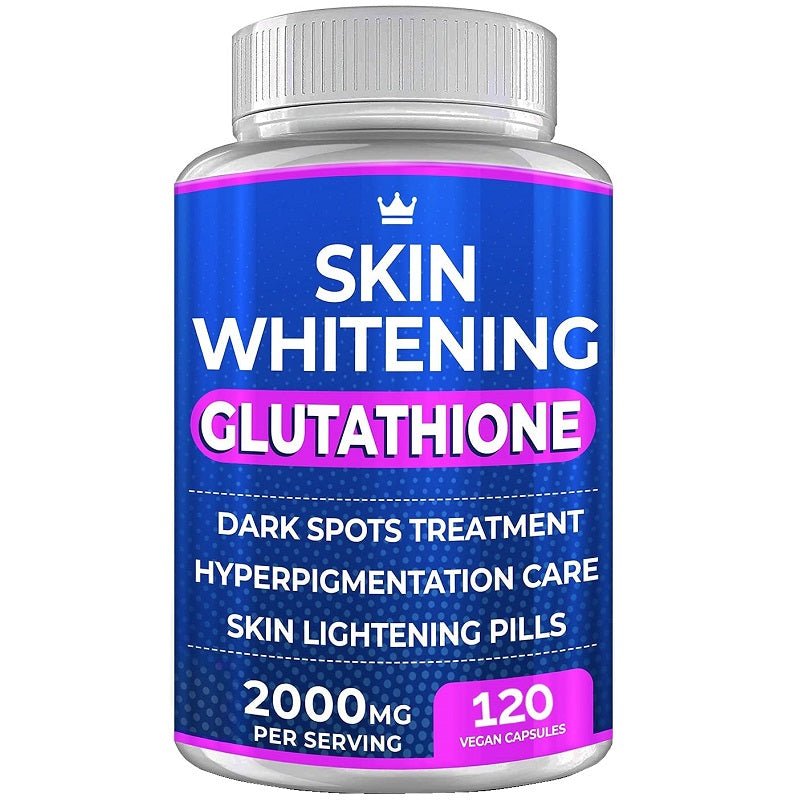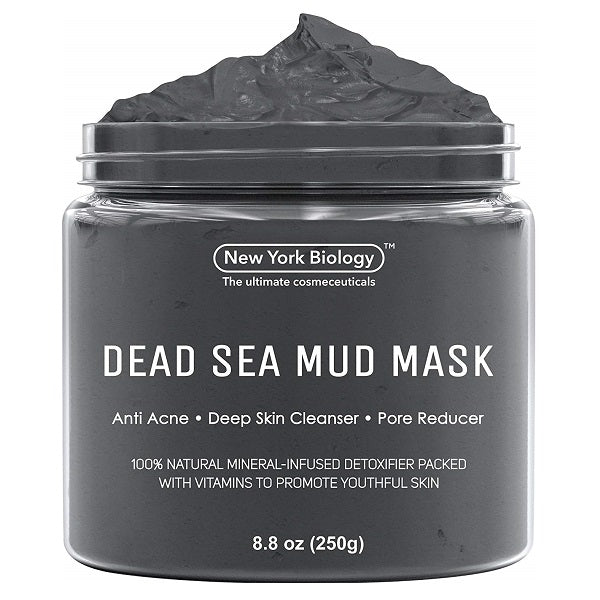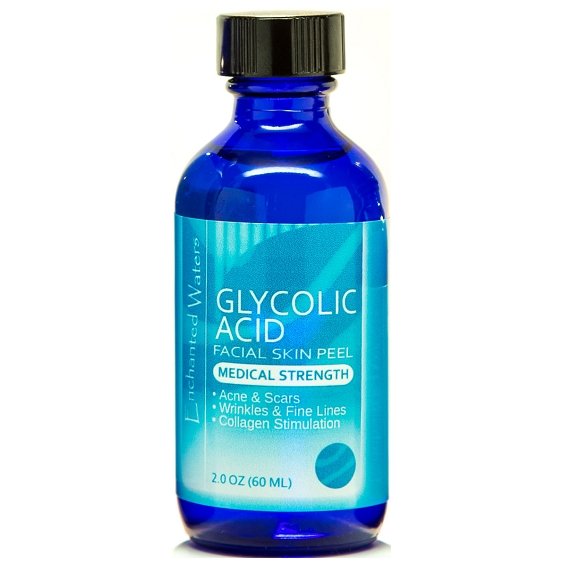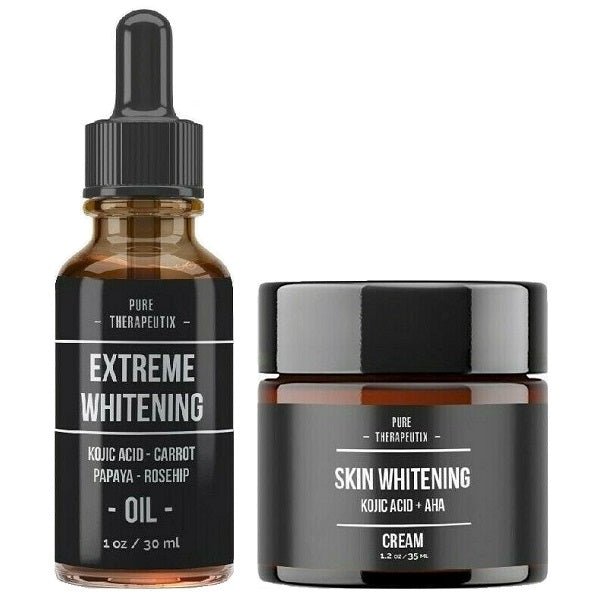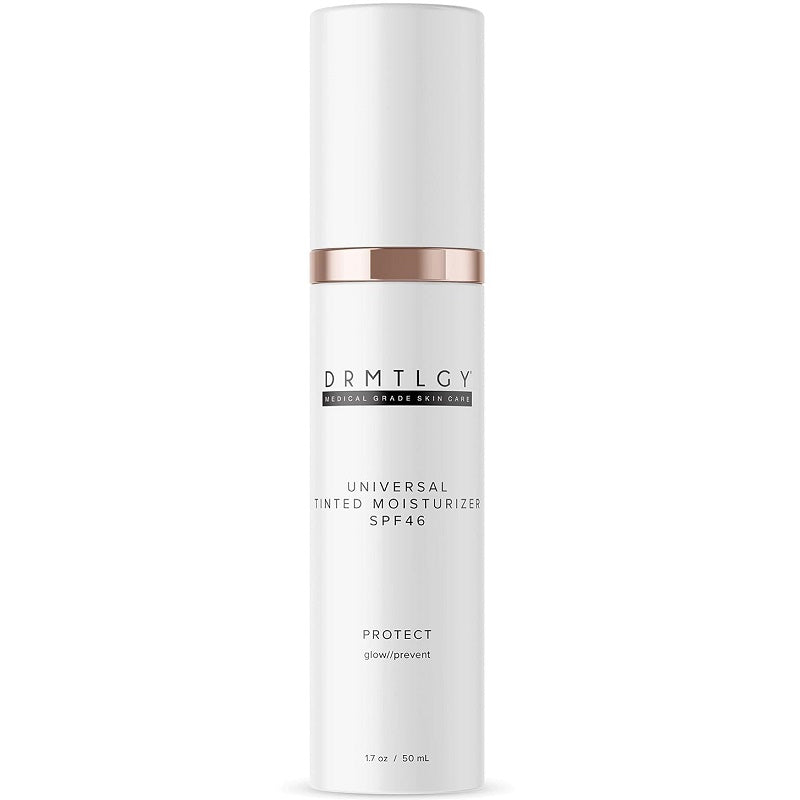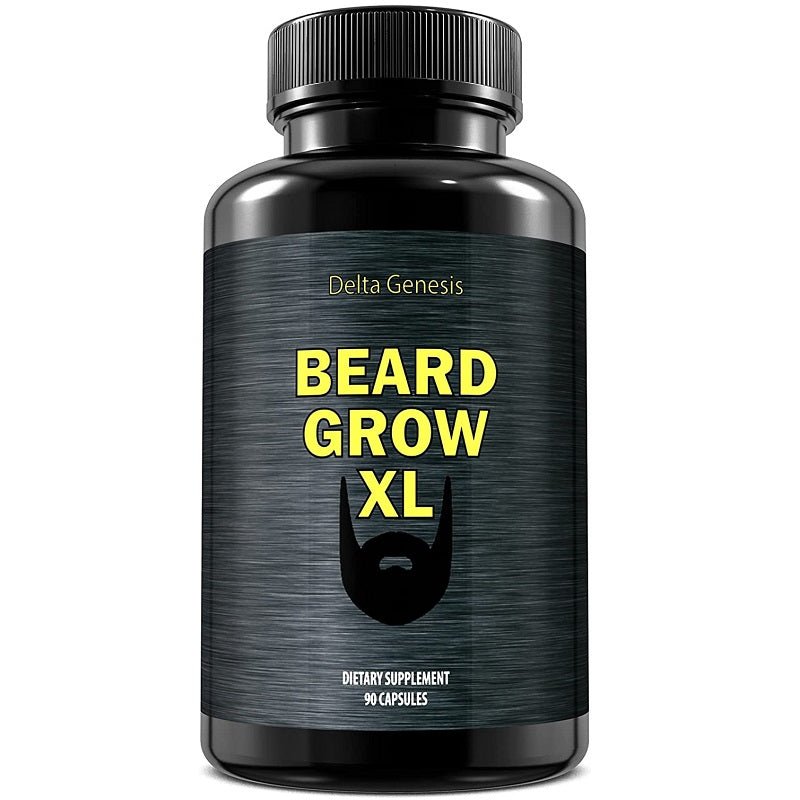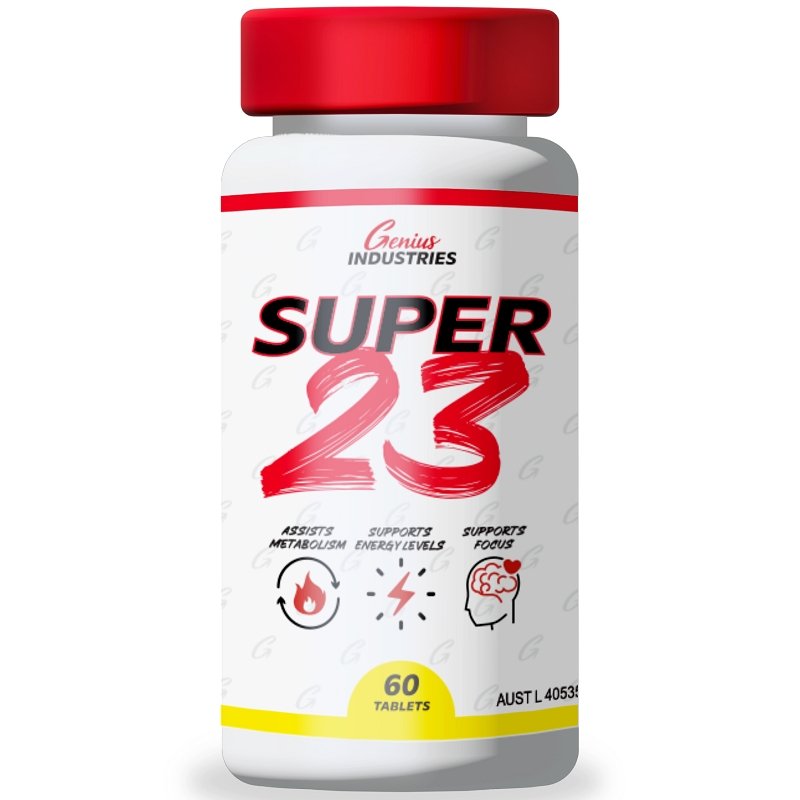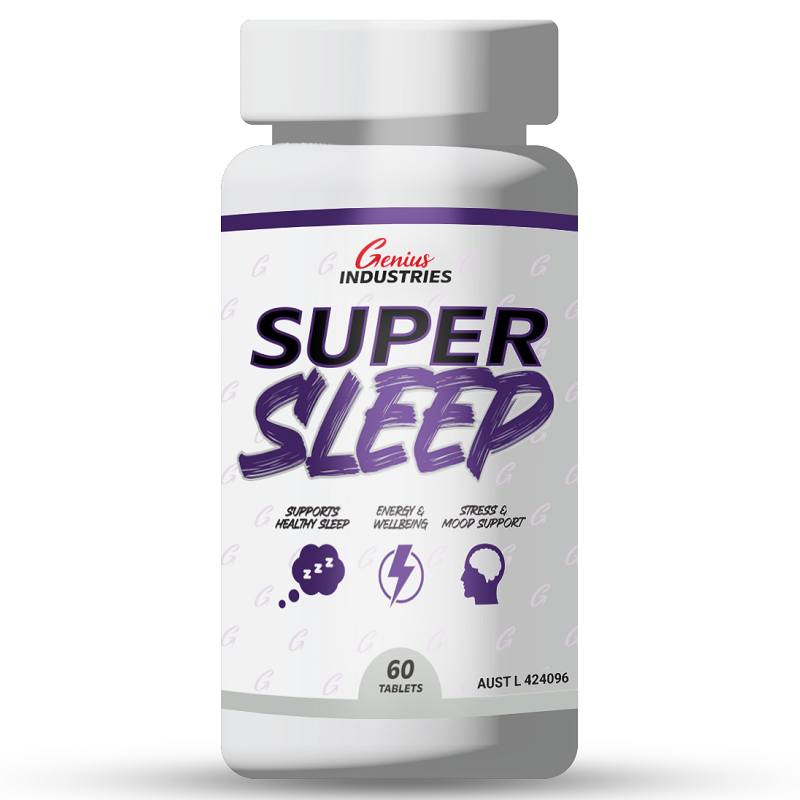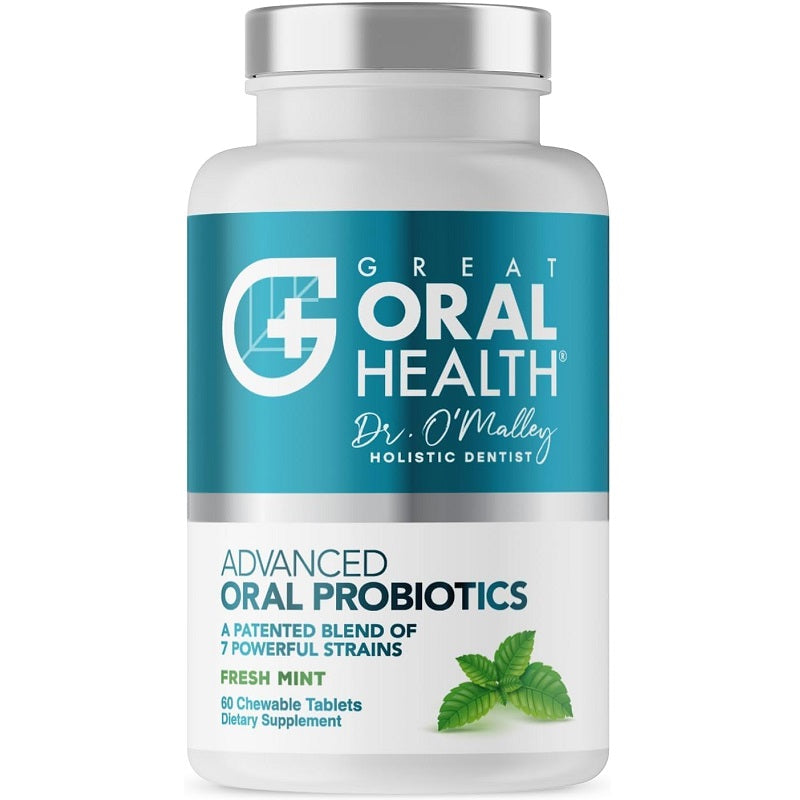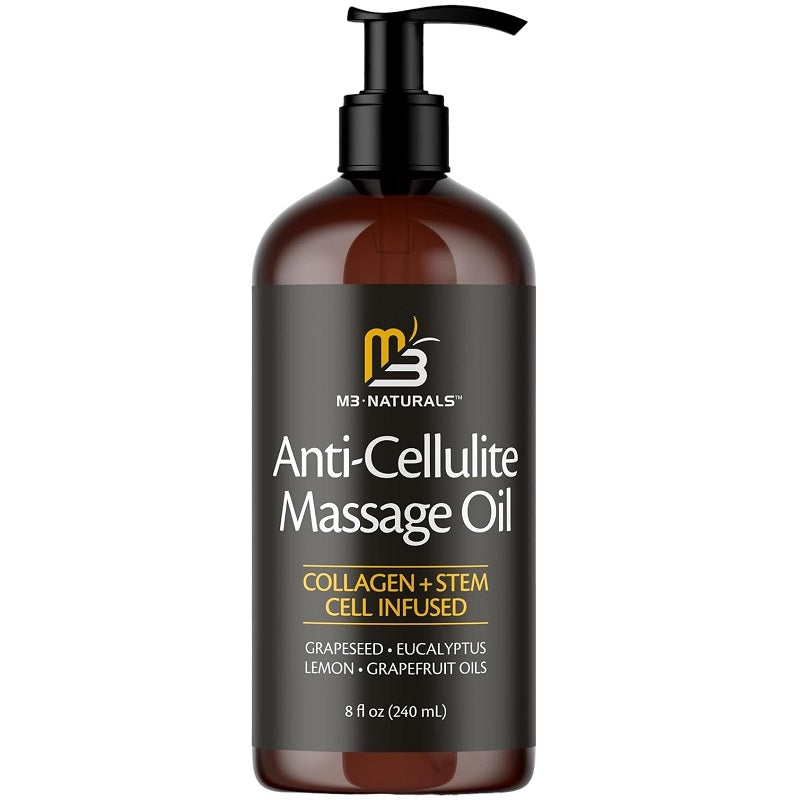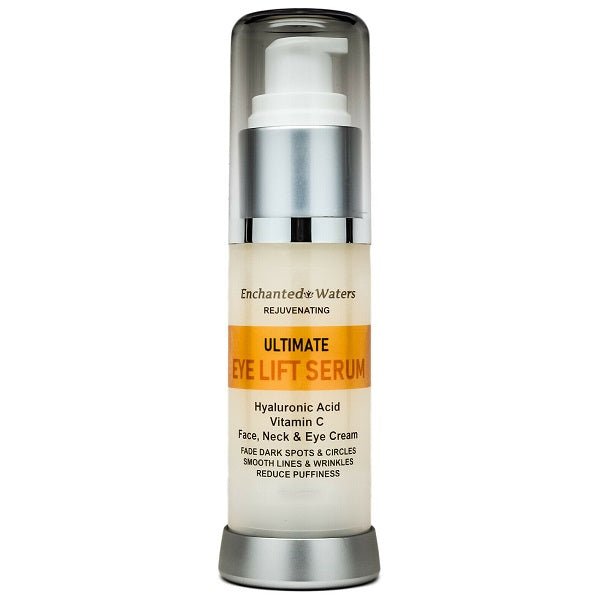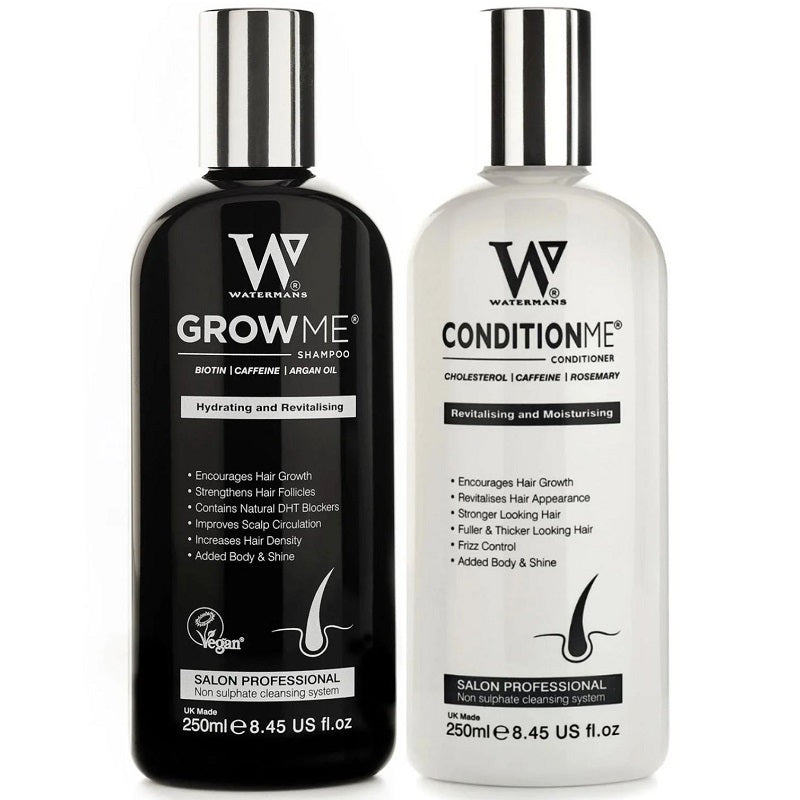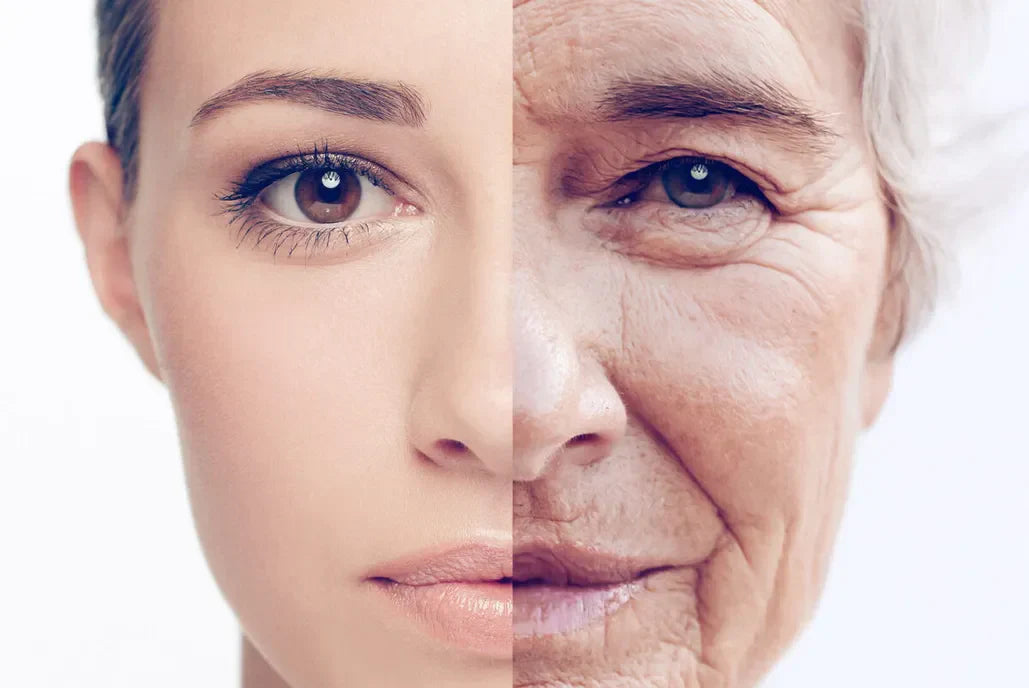Understanding the Aging Process: Why We Age and How to Age Well
Aging is something every one of us experiences, yet it remains one of life’s greatest mysteries. Some people embrace the silver strands and wisdom that come with age, while others see it as a battle against time. But what really happens in our bodies as we grow older? Let’s take a closer look at the aging process — the science behind it, the common changes we notice, and ways we can support healthy aging.
The Science Behind Aging
At its core, aging is the gradual accumulation of changes in our cells and tissues. Over time, these changes affect the way our bodies function. Scientists have identified a few key drivers of the aging process:
-
Cellular Damage: Every day, our cells are exposed to free radicals, toxins, and environmental stressors that cause small amounts of damage. While our bodies repair much of this, the “wear and tear” adds up over decades.
-
Telomere Shortening: Telomeres are protective caps on the ends of our DNA. Each time a cell divides, telomeres get shorter, and once they’re too short, the cell can no longer function properly.
-
Decline in Collagen and Elastin: These proteins keep our skin firm and our joints flexible. Their decline leads to wrinkles, sagging skin, and stiffer joints.
-
Slower Cell Renewal: As we age, our cells don’t regenerate as quickly, which is why healing takes longer and energy levels can dip.
Physical and Emotional Changes with Age
The signs of aging are not just skin deep — they affect every aspect of our bodies and minds. Common changes include:
-
Skin: Wrinkles, fine lines, and dryness due to reduced collagen and oil production.
-
Hair: Thinning, greying, or slower regrowth as pigment cells and follicles decline.
-
Bones and Muscles: Bone density decreases, and muscle mass naturally shrinks without strength training.
-
Metabolism: Slows down, making weight management more challenging.
-
Cognition: Memory lapses can become more frequent, though mental sharpness can be maintained with healthy habits.
-
Emotions: Many people report feeling more content, resilient, and focused on what truly matters with age.
How to Support Healthy Aging
While we can’t stop time, we can influence how gracefully we age. Adopting healthy habits makes a big difference in how we look, feel, and function as the years go by.
-
Eat Nourishing Foods: A balanced diet rich in antioxidants, healthy fats, lean proteins, and whole grains helps combat cellular damage.
-
Stay Active: Regular exercise preserves muscle, keeps bones strong, and boosts mood.
-
Protect Your Skin: Sunscreen, hydration, and gentle skincare can slow visible signs of aging.
-
Prioritize Sleep: Quality sleep gives your body the chance to repair and regenerate.
-
Manage Stress: Meditation, hobbies, and meaningful connections reduce the toll of stress on the body.
-
Stay Mentally Engaged: Reading, puzzles, and lifelong learning help keep the brain sharp.
-
Nurture Relationships: Strong social ties have been linked to longer, healthier lives.
Embracing the Journey
Aging is not just about decline — it’s also about growth. With age comes perspective, resilience, and wisdom that can’t be rushed. Instead of fearing the process, embracing it with intention and care can help us live fuller, more vibrant lives.
Aging is inevitable, but how we age is, to a large extent, in our hands. By nourishing our bodies, stimulating our minds, and cherishing our connections, we can make the process less about growing old and more about growing well.
